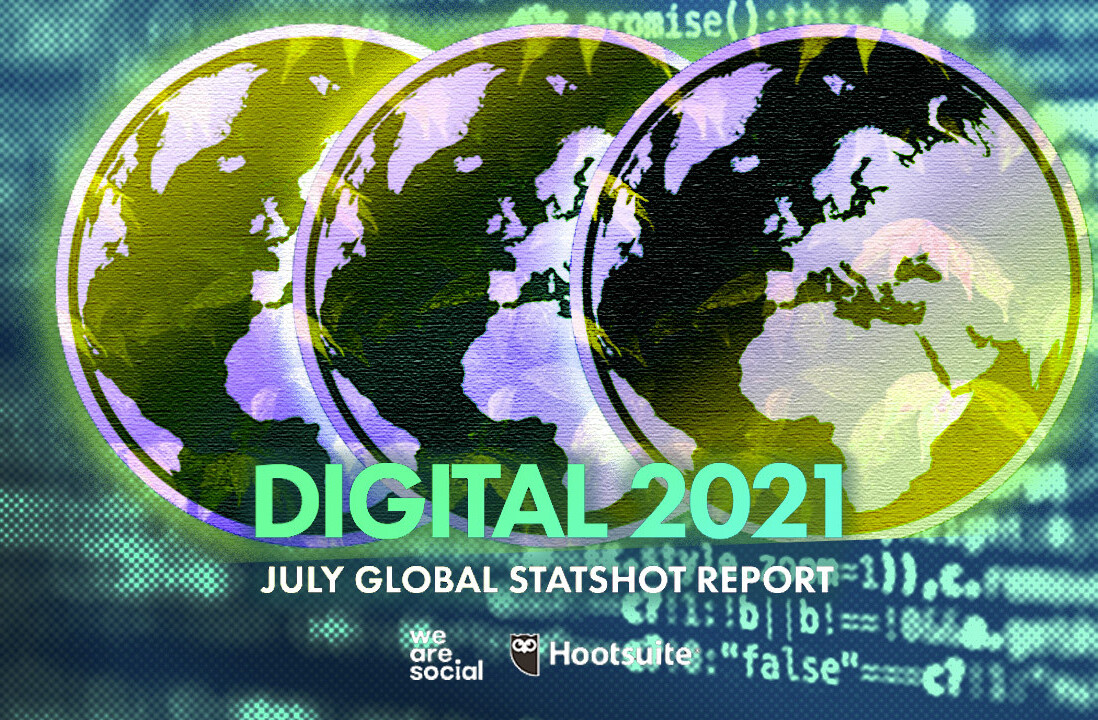![[Best of 2019] Why Gary Vaynerchuk thinks the death of privacy is a good thing](https://img-cdn.tnwcdn.com/image?fit=1280%2C720&url=https%3A%2F%2Fcdn0.tnwcdn.com%2Fwp-content%2Fblogs.dir%2F1%2Ffiles%2F2019%2F06%2F01-1.png&signature=3df2478321fd5b4bac736584932ce57a)
The answers to almost any question that pops into our head can be answered by simply “Googling it.” As a result of our insatiable desire for instant gratification, 90% of all internet searches are taking place through Google and its company subsidiary YouTube. Tech companies are increasingly acting as virtual gatekeepers that direct our future spending and can even reshape our opinions with the content they serve.
Facebook fiercely denies being a media company despite that fact that around four-in-ten U.S. adults (43%) get their daily news from Facebook. There is an argument that there has never been a more powerful media company than Zuckerberg’s social media behemoth.
Another misconception in tech is that the Microsoft Bing search engine is a complete failure. The search engine is currently generating around $7.5 billion from its web search advertising. To put this figure into perspective, it’s much more than LinkedIn, Twitter and Microsoft’s much-loved range of Surface computers. Not bad for a failure, right?
Privacy has become a hot topic, and all of the big tech companies are finding themselves in the spotlight for all the wrong reasons. Craig Federighi, Apple’s senior vice president of software engineering, hopped on the privacy bandwagon and promised to limit Facebook and Google from tracking iPhone users.
Elsewhere, there is the emergence of privacy based browsers such as Brave that blocks all ads by default and rewards users with blockchain based tokens that enable users to reward their favorite content creators. There are even a decentralized search engines for those that want to lock down their browsing habits even further. Make no mistake, privacy is becoming big business too, but does anybody care enough to change their online behavior?

I recently had the opportunity to sit down with serial entrepreneur Gary Vaynerchuk and asked him what he thought of the privacy debate. He quickly replied, “I think people care about privacy in theory. But then don’t live it.”
I don’t think that people think about using Brave versus Google Chrome. They care about the product. So if Brave is as good as Chrome and rewards users, maybe you got something. But the problem is just giving back. People don’t choose money as much as people think.
Vaynerchuk went on to add that “People choose convenience. People choose quality. They choose a lot of things over cash. And they don’t choose privacy. Humans don’t care about privacy, But that’s a good thing.” I was also curious about his feelings about the trading of privacy for convenience and I asked if he thought this is a good deal?
Of course, because nobody does anything with privacy. As long as your kids aren’t getting killed and nobody’s stealing your money, you care far less. Once we all realize that we don’t have privacy, we’re all going to become more authentic humans. Everything wrong in society is the stuff that’s hidden. The skeletons in the closets of the five of us in this room and everyone listening or reading this article. Those are the bad things.
As I thanked Vaynerchuk for his time, I walked away with a new perspective that challenges the current narrative around privacy. Despite our protests and fear of being tracked, our actions tell a very different story.
A dramatic rise in our expectations as consumers are fueling customer-driven personalization. However, many brands are confusingly scratching their heads in disbelief. In one hand, businesses are expected to listen to their customers across multiple touchpoints and devices so they can deliver unique experiences. But get it wrong, and they are deemed creepy.
Ironically, some countries are criticized for censoring the web for its citizens, but anti-trust debates are also asking the big tech companies to sanitize the internet in the west too. The arguments around censorship and privacy will continue to dominate our newsfeeds for the foreseeable future. But my conversation with Gary Vaynerchuk taught me that there is much more to this story.
It can feel like every swipe or click will result in a series of not so subtle ads based on our recent online activity. Breaking these boundaries can feel both intrusive and creepy. But, on the flipside Amazon, Netflix and Spotify can deliver personalized experiences that feel relevant.
Although Vaynerchuk’s words had initially surprised me, I quickly realized that he was right. If a digital experience is relevant, convenient, and of high quality, my actions will prove that I consider privacy to be a fair trade. Get it wrong, well that’s an article for another day.
Get the TNW newsletter
Get the most important tech news in your inbox each week.





